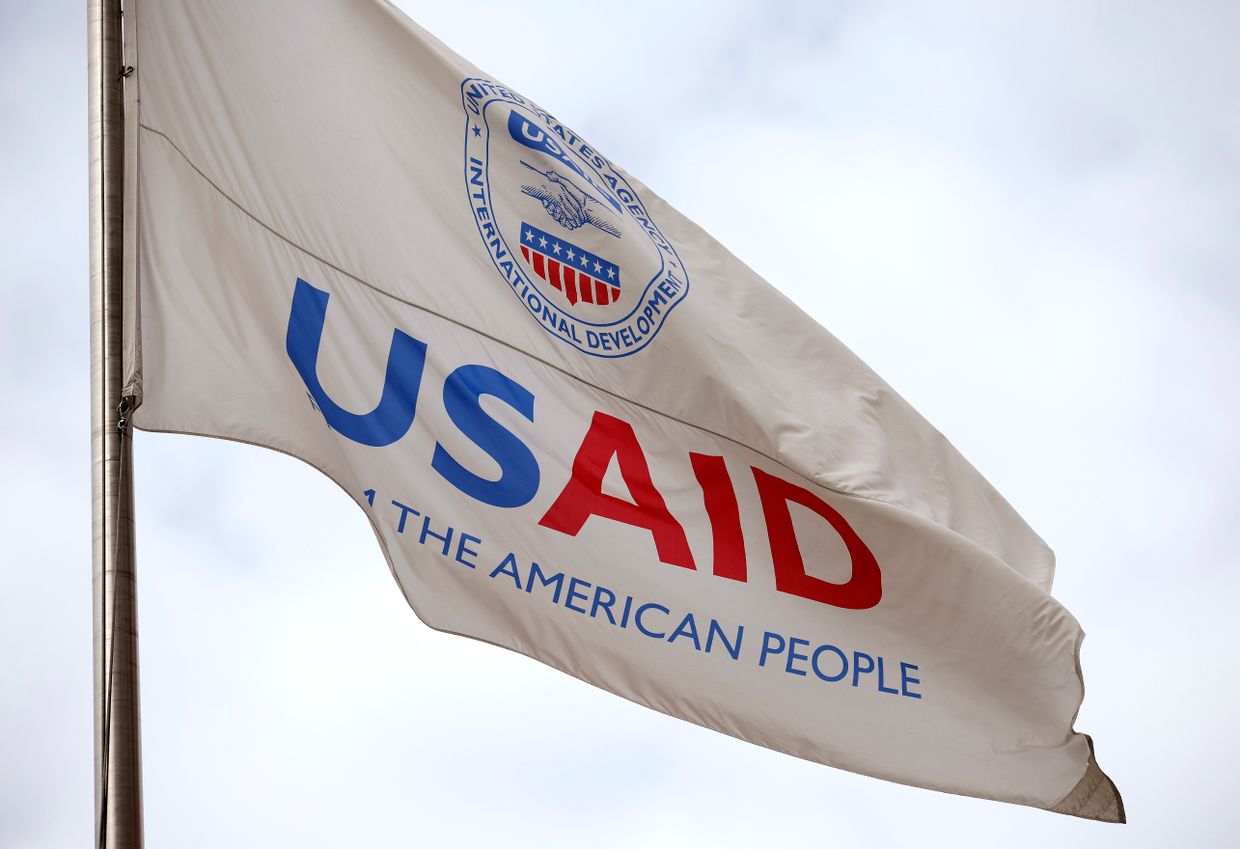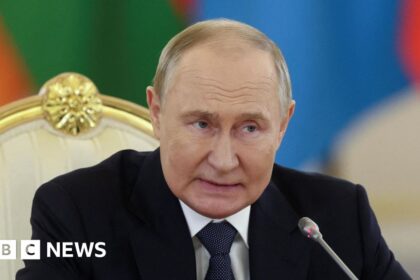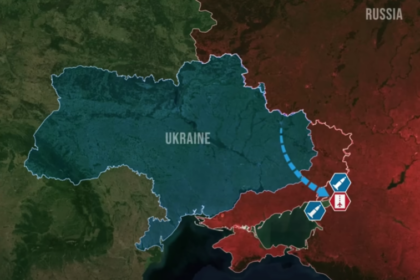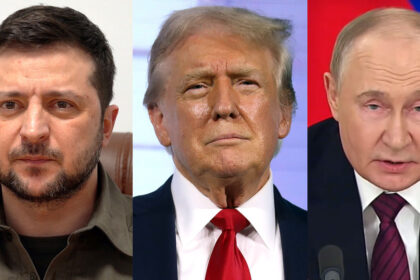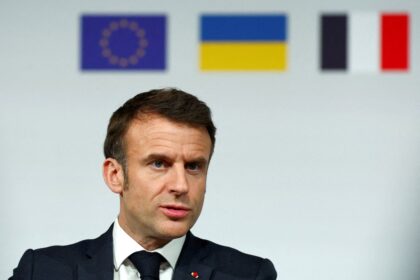**USAID Stopped Implementing Foreign Assistance: What Does it Mean?**
The United States Agency for International Development (USAID) has officially stopped implementing foreign assistance as of July 1. This move is part of the Trump administration’s efforts to realign international aid with its policies, according to U.S. Secretary of State Marco Rubio.
**Shift in Foreign Aid Policy**
In a statement on Substack, Rubio announced that USAID programs aligning with administration policies will be administered by the State Department. The Trump administration has been critical of USAID, accusing it of promoting a “liberal” or “leftist” agenda and being plagued by fraud. As a result, around 83% of USAID’s programs were terminated in March, affecting thousands of workers.
**Impact on Humanitarian Efforts**
USAID was founded in 1961 to provide humanitarian relief worldwide and support democracy-building, human rights, and economic development. Critics argue that the decision to stop implementing foreign assistance will have devastating consequences for vulnerable populations.
Research by The Lancet estimated that USAID funding cuts could result in 14 million deaths by 2030, including 4.5 million children younger than 5. Experts and former U.S. officials have condemned the move, highlighting the potential humanitarian fallout.
**”America First” Foreign Policy**
Rubio defended the decision, stating that it is part of President Donald Trump’s broader policies aimed at requiring international allies and partners to pay a greater share for projects around the world. The Secretary of State emphasized that Americans should not pay taxes to fund failed governments in faraway lands.
Instead, the U.S. will focus on providing targeted and time-limited assistance to nations that have demonstrated both the ability and willingness to help themselves. This approach has raised concerns among experts, who fear it may exacerbate existing humanitarian crises.
**Impact on Ukraine**
Since Russia’s full-scale invasion, USAID has provided critical support to Ukraine, including $2.6 billion in humanitarian aid, $5 billion in development assistance, and more than $30 billion in direct budget support. The move to stop implementing foreign assistance raises questions about the future of this support.
**What’s Next?**
The shift in U.S. foreign aid policy has significant implications for global humanitarian efforts and the relationships between the United States and its international partners. As the world grapples with pressing challenges, it remains to be seen how this change will impact vulnerable populations and the broader humanitarian landscape.
Read More @ kyivindependent.com




